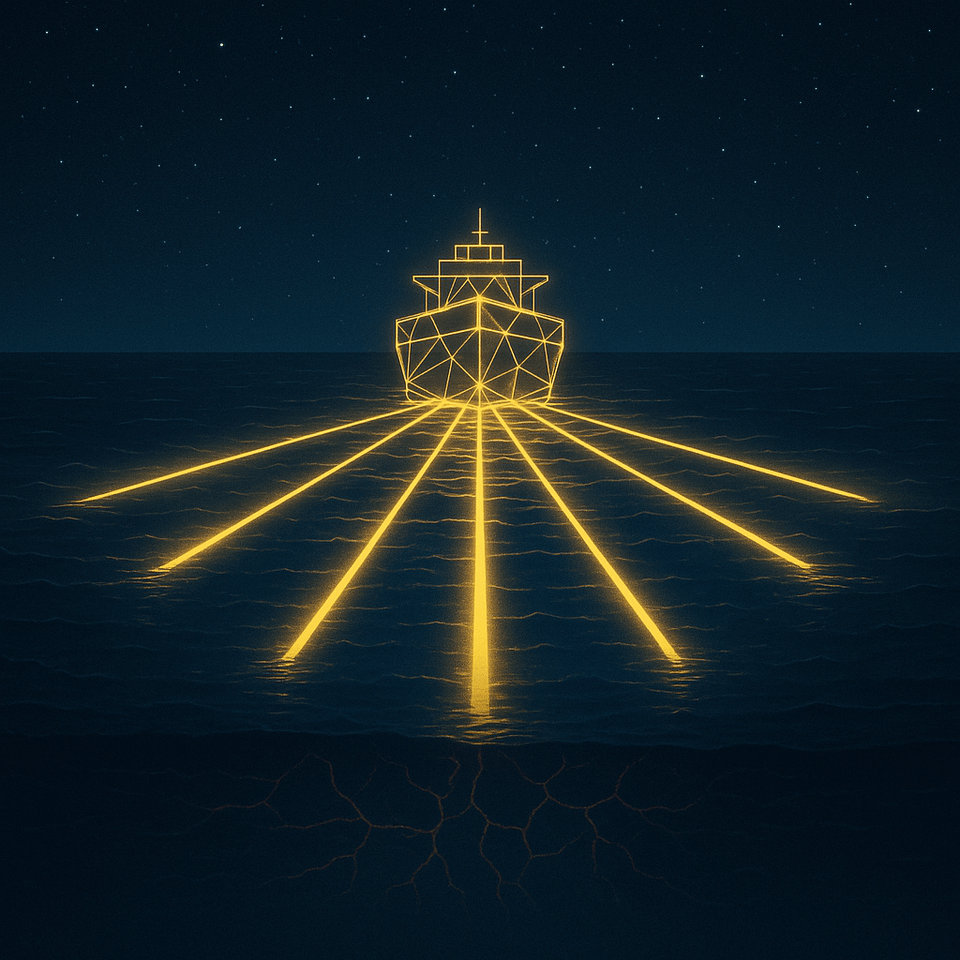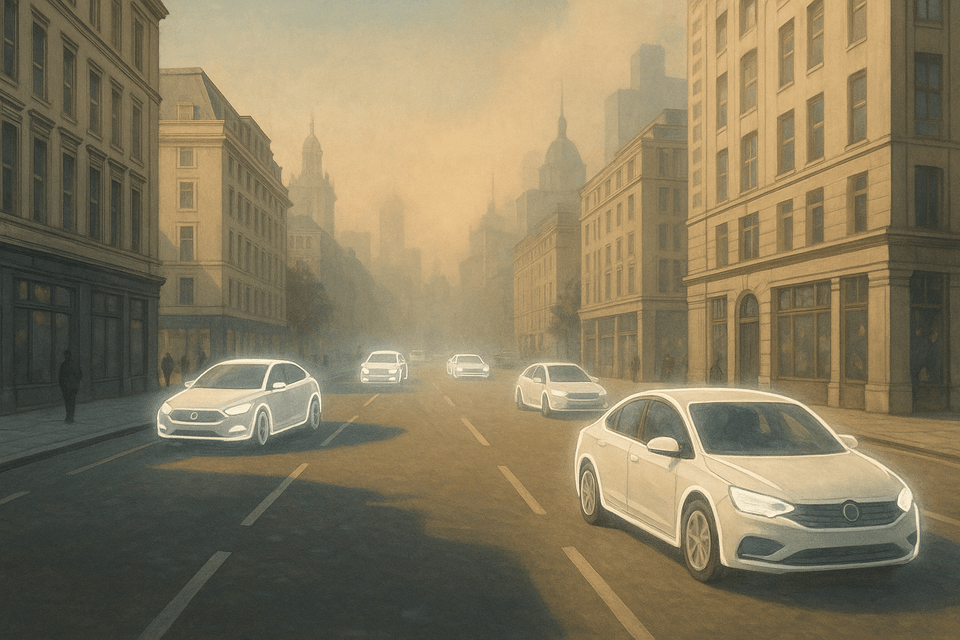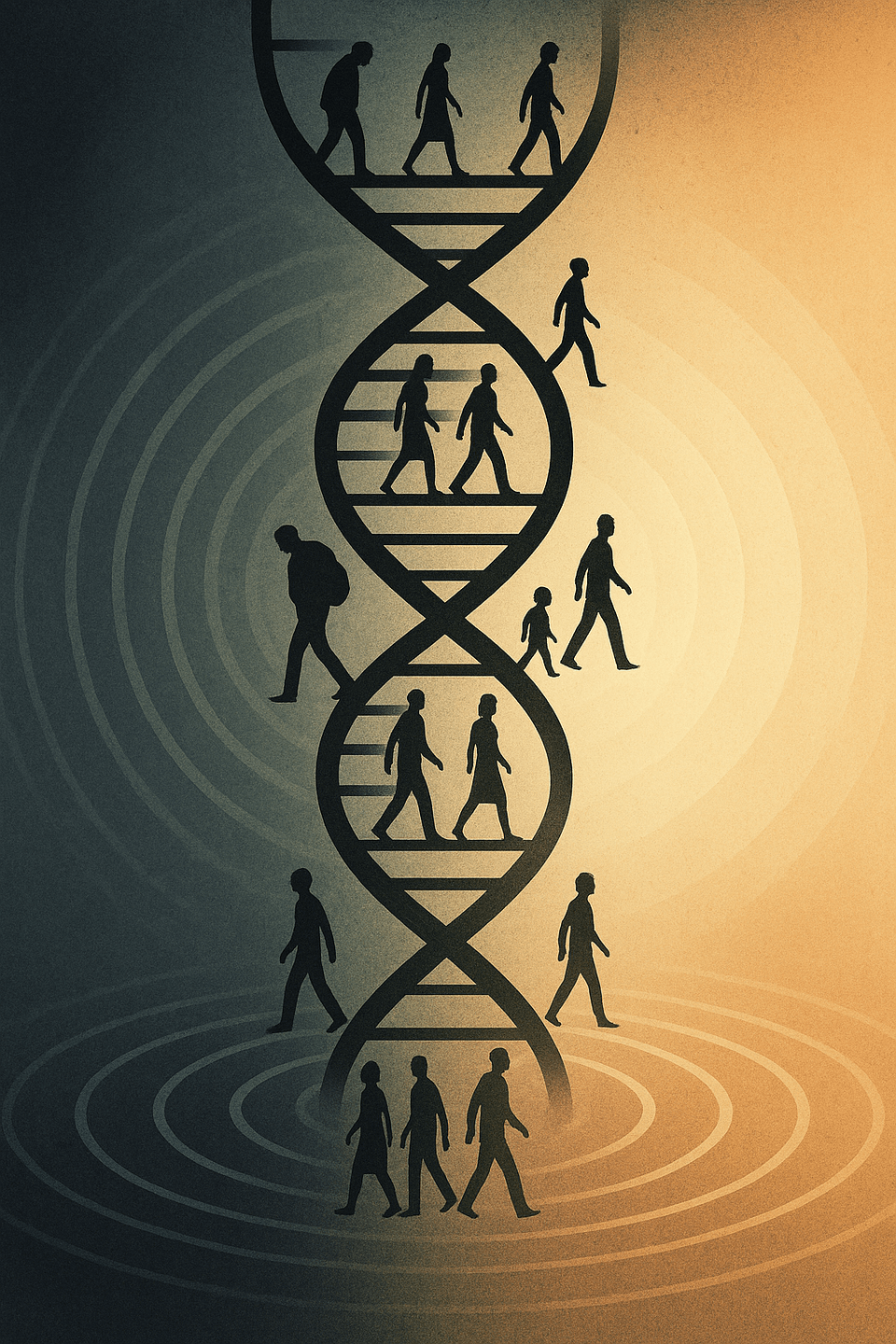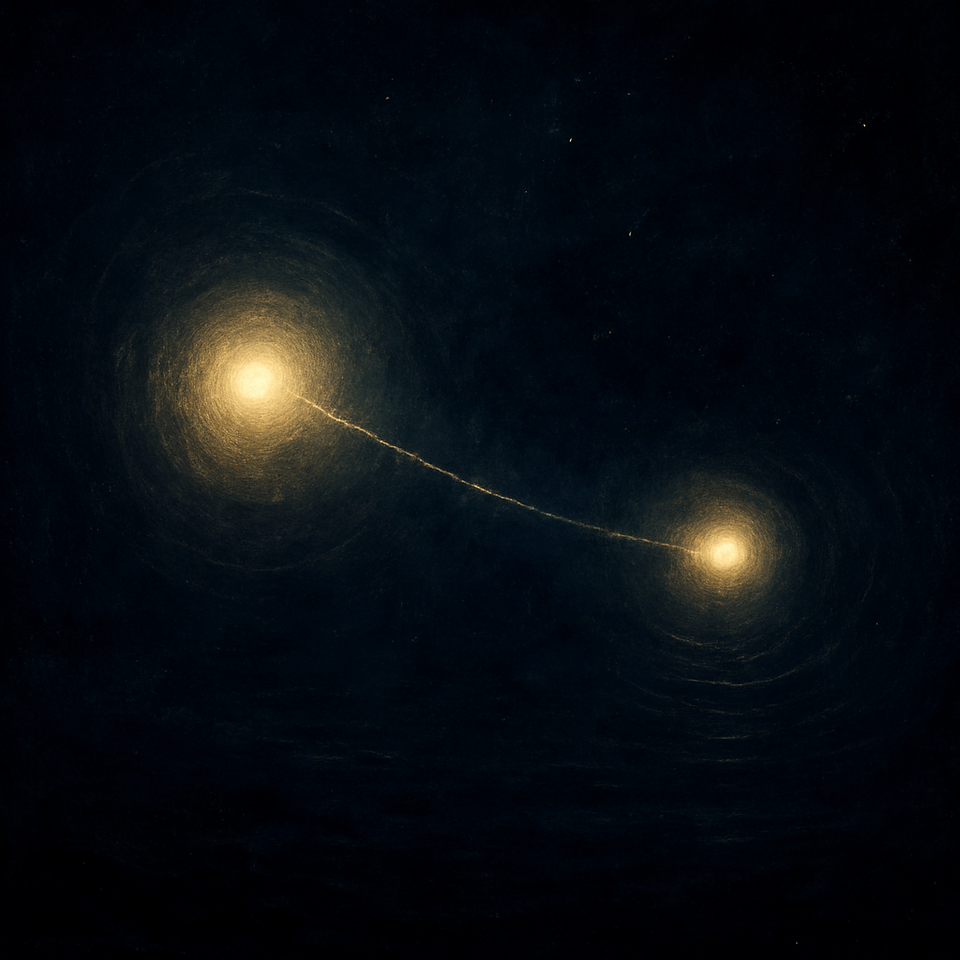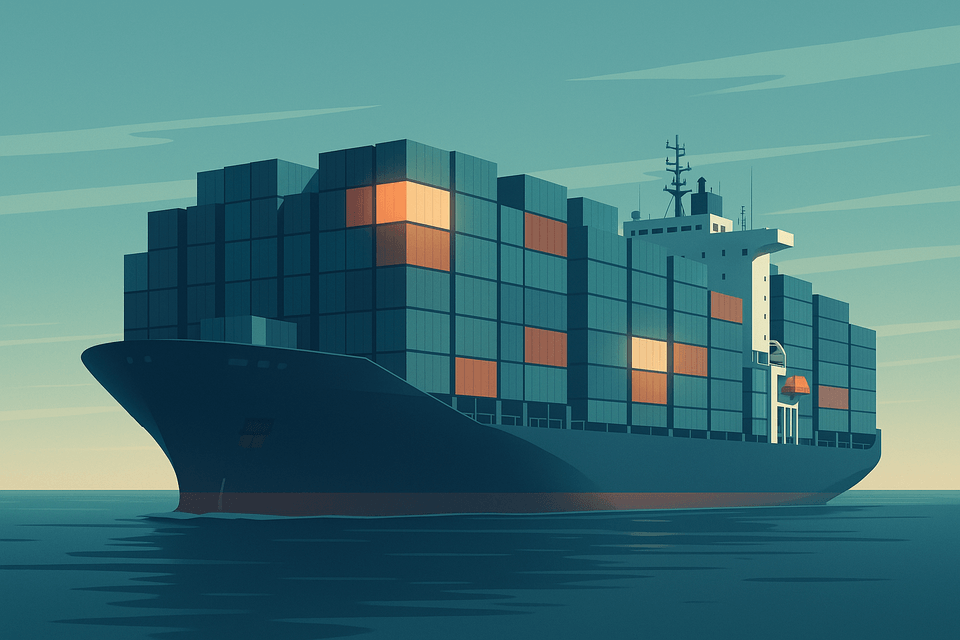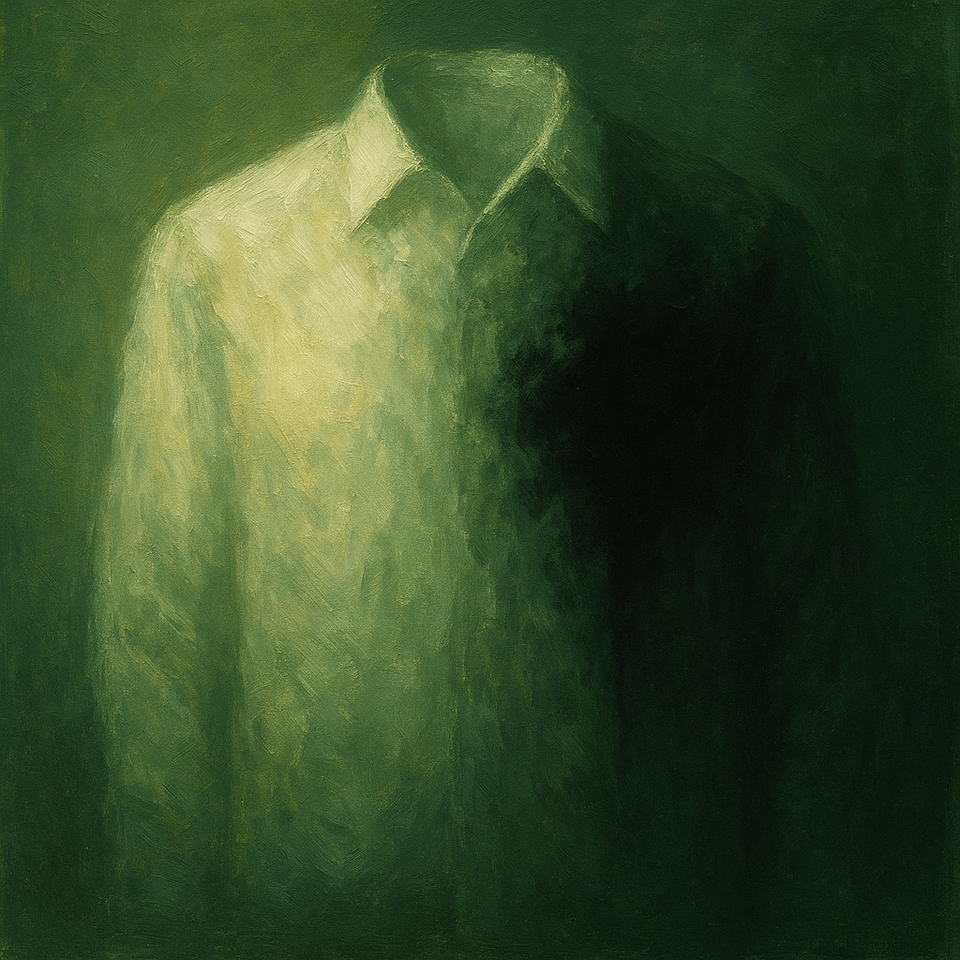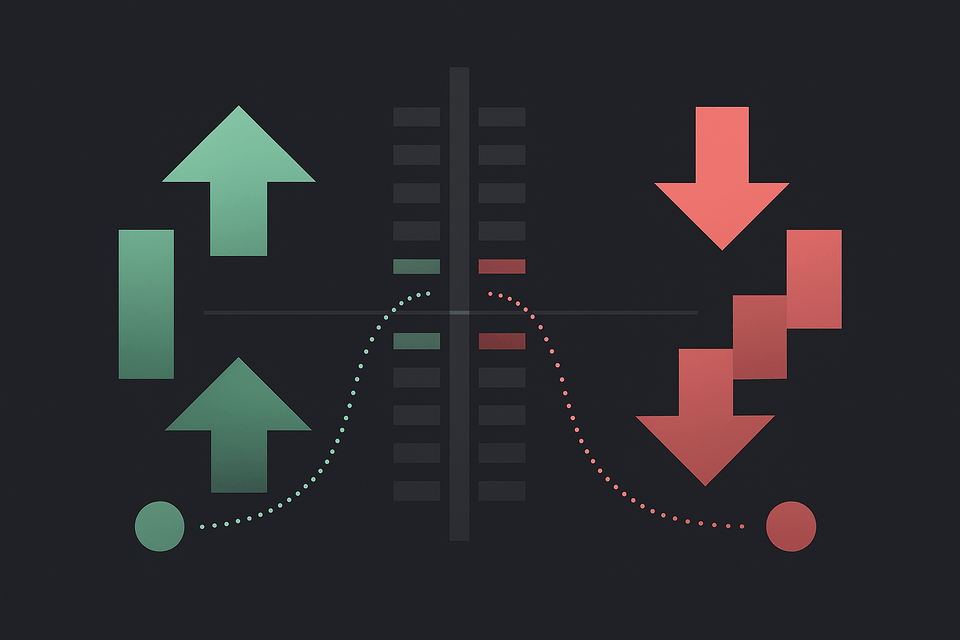
A Small Edge, Carefully Kept — and How It Connects to “Trading Big Bags”
Back when BitMEX paid maker rebates, I turned ~$30 into ~$2,000 by posting passive liquidity and guarding inventory. This post breaks down the rebate math, spread capture, and kill-switches—and shows how that small-edge discipline connects to “Trading Big Bags,” where structure, not bravado, determines survival.
